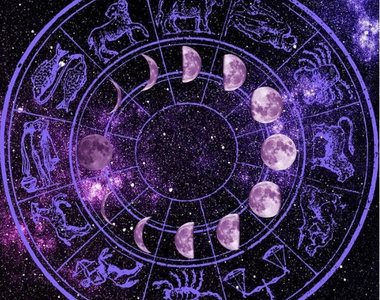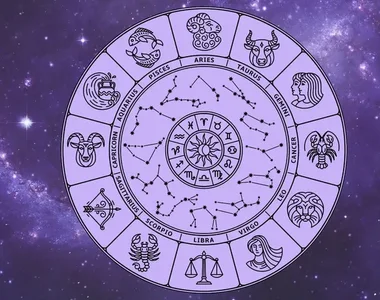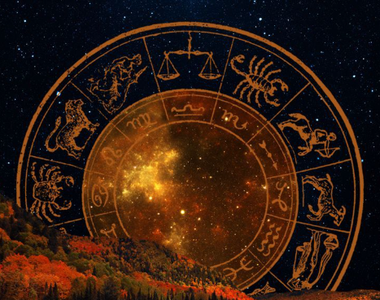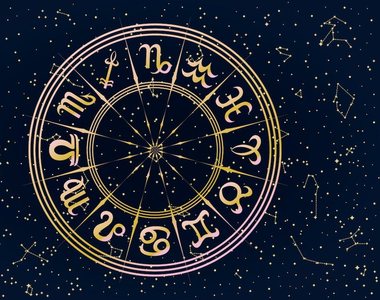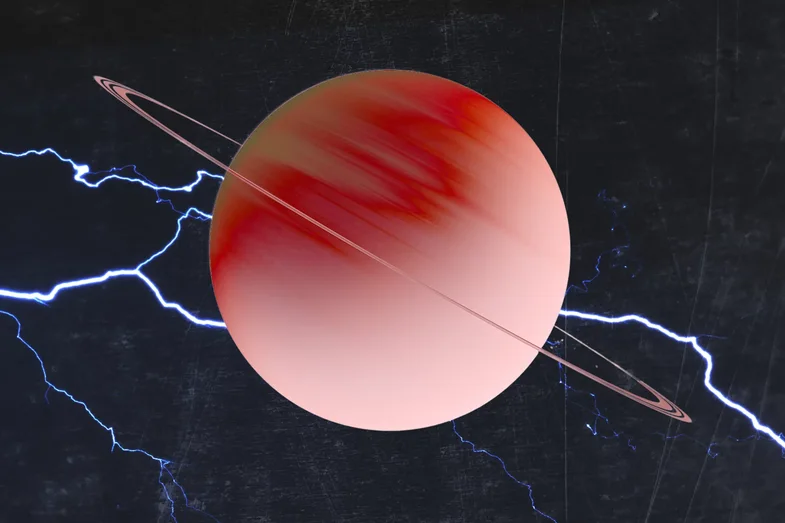
It's not the job of astrologers to predict our lives (and they can't, for the sake of truth), but shouldn't they be more careful with how they distribute information? On the contrary, it seems astrologers on social media and even apps (look at Co-Star) are more interested in engagement than education.
How did astrology become a modern phenomenon?
Astrology is a practice over 3,000 years old, dating back to when people began observing astronomical cycles in the third millennium BC. Over the centuries, it has taken various forms, two of which are the most popular today: Vedic and Western astrology.
Vedic astrology, based primarily on the positions of the moon and constellations, focuses on fate and destiny, and is used in India to predict success in marriages, businesses, and everyday aspects of life. On the other hand, Western astrology, which relies on the position of the sun at the time of birth, is more focused on the psychology, personality, and character of the individual. Both have their value, but the truth is that astrology is much deeper than the superficial version we see on social media.
Astrology has become more accessible than ever before, with over 43 billion views on TikTok alone. Astrological influencers condense information into short viral videos to appeal to a wider audience, but this often leads to misinterpretation of the information. This mode of communication is a double-edged sword: on the one hand, it helps people have easier access to astrology, but on the other, it flattens its complex concepts.
Why should we be careful with astrological content on social media?
Whether an influencer has studied astrology for 20 years or 20 minutes, there will always be an audience ready to listen. With all these major planetary events happening all the time, people are more dependent on astrological content online than ever before. But it’s important to remember that every interpretation is made through the personal perspective of the individual disseminating the information.
Instead of spreading panic, astrologers can help people see the possibilities for change and growth. Healthy astrological content should not use scary phrases like “beware” or “something bad is coming,” as these create anxiety and push people to engage through fear.
Another warning sign is when a piece of content focuses only on negative events, without offering any way to cope with the situation. If a post implies that your fate is sealed and you have no control over the future, then this is not astrology, but manipulation.
How to use astrology in a healthy way?
Astrology is not a punishment, but a tool to better understand yourself and the world around you. A healthy way to look at it is like the weather forecast: if you know it's going to rain, you can take an umbrella. But it's always up to you whether you go out or stay inside.
To maintain a positive relationship with astrology, it's important to carefully choose which influencers you follow and how you feel after consuming their content. If astrology is causing you more stress than peace, it might be time for a little social media break.
A valuable tip is to take breaks from your phone and spend more time in the real world, so as not to lose track of your personal experiences. If you still feel anxious after an astrological post, just get out in nature, do something that connects you with your body, and don't let a random prediction on the internet dictate your life.
Ultimately, astrology is a tool to better understand the energy around us and to help us navigate life's challenges with more clarity and confidence. The stars may show possibilities, but the decisions are always in our hands.
Sources: Pop Sugar
Suggested articles:

